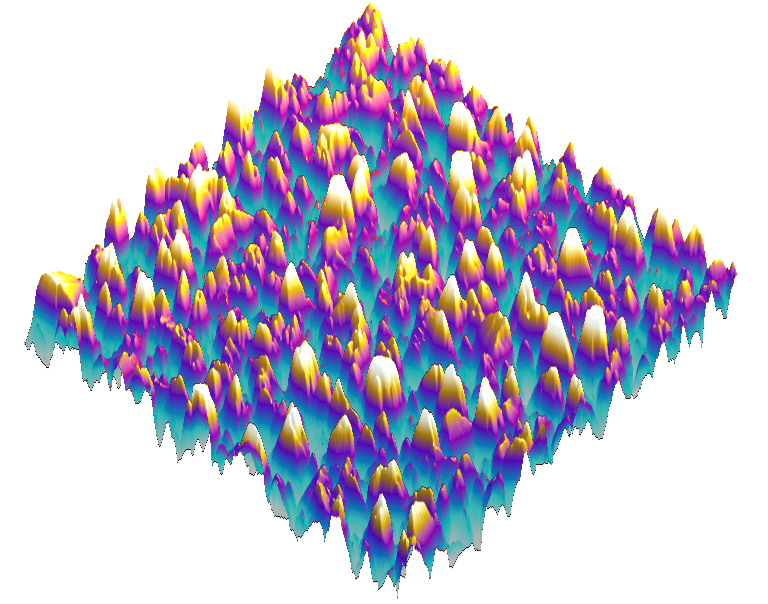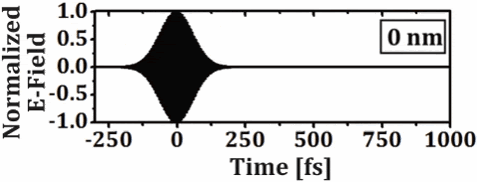

Colloquium: Aluminum-doped nano-layered metamaterials for ultrafast light control on nanoscale
Speaker: Lyuba Kuznetsova, San Diego State University
Time: 2:00 p.m., Friday, September 13 (refreshments served at 1:45 p.m.)
Place: P-148 (refreshments across from SPS)
Abstract: Recent progress in nanofabrication techniques has enabled the development of artificially engineered materials with extraordinary electromagnetic properties that are not found in nature. One striking example of such materials is epsilon-near-zero metamaterials with dielectric permittivity |ε| ≪ 1, which have been shown to provide new approaches to the enhancement of light–matter interactions. The remarkable property of ENZ material is that the phase velocity of light approaches an infinity. From the causality principle, it could be shown that ENZ material with very low intrinsic loss possesses a very low group velocity of electromagnetic wave propagation. Exploring these effects with aluminum-doped metamaterials could lead to an efficient integration into current technology for applications in faster modern communications, revolutionary super-resolution imaging, and label-free detection of organic and biological systems.
This talk will cover experimental and computational approaches that are promising for designing epsilon-near-zero aluminum-doped metamaterials. I will introduce our recently developed approach to the analysis of spectroscopic ellipsometry data to extract the optical permittivity for a nano-layered Al:ZnO/ZnO metamaterial. The results of the experimental investigation of the tunable Al:ZnO/ZnO metamaterial using Pulsed Laser Deposition and Atomic Layer Deposition has allowed a precise dispersion engineering for ultrashort-pulse photonic devices. I will present the results of our recent investigation of the unique ultrashort pulse (pulse duration 10-13 s) propagation regime at the epsilon-near-zero spectral point in Al:ZnO/ZnO multilayered metamaterial. Ultrafast light control via adaptive pulse pre-shaping will be introduced. The intriguing nanocavity and waveguide devices which allow light confinement beyond the diffraction limit will be also discussed. Finally, I will present the results of our investigation of a size-dependent bio-particle sensing technique based on microcavities. I will conclude with our current and future research on using aluminum-doped metamaterials for ultrafast pump-probe ultrashort pulse modulation and beam shaping.

